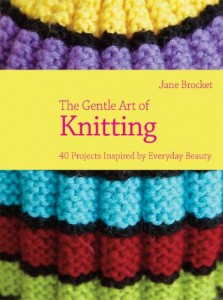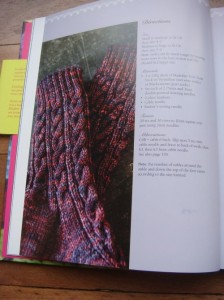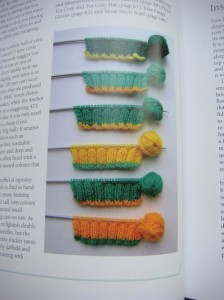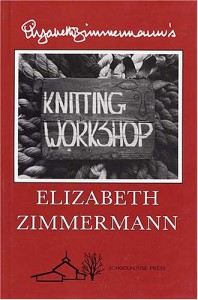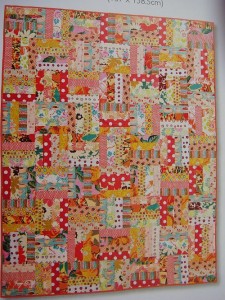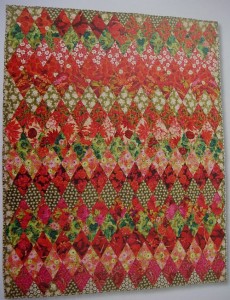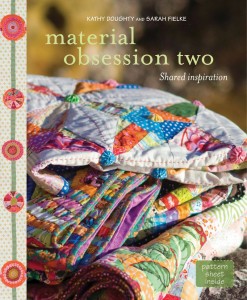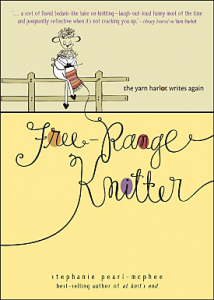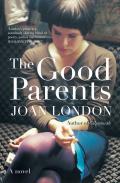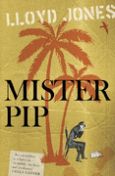
Mister Pip, the winner of the 2007 Commonwealth Writers’Â Prize, has been the novel of choice for many of my friends’ book clubs. For this reason I have been avoiding it but I finally succumbed.
Lloyd Jones, a New Zealand author, has written several novels (including This House has Three Walls and Book of Fame).
Mister Pip, for me at least, is about the power of literature to transform lives. To make us imagine different ways of living and being. Mister Pip is set in a small coastal village on the island of Bouganville during the 1990 civil war. A subject well know to Mr Jones as he was a journalist there during the conflict. The island is blockaded and most of the white people have left. Mr Watts, a white man married to a native women, agrees to teach the school. He reads Great Expectations to them. The children are entranced – the world of 19th century England becomes as familiar as their own village and Pip a member of their family.
 It was always a relief to return to Great Expectations. It contained a world that was whole and made sense, unlike ours.
and
As we progressed through the book something happened to me. At some point I felt myself enter the story.
This close relationship with a text creates problems, firstly with the more religious members of the village (like Dolores Matilda’s mother) and finally the dreaded ‘redskins’ (Government soldiers) who don’t believe Pip is an imaginary character and this has dire consequences for the villagers.
Matilda, our narrator, is 13 at the start of the story, but like Great Expectations, this story is related by the adult Matilda (across a vast distance of time and space). All of the characters are portrayed beautifully in a simple sympathetic manner – Mr Jones clearly liked his characters. During the course of the novel we watch Matilda’s relationship with her mother develop. It is a complicated relationship – there is obviously great love but also misunderstanding.
At first, Dolores enjoys hearing Matilda retelling the story of Pip, but then she fears Matilda’s obsession will take her away from her.
But that was the last time she asked to hear an installment from Great Expectations. And I blame ‘a rimy morning’. Although she didn’t say so I knew she thought I was showing off; and that I was biting off a bigger piece of the world than she could handle with language like ‘a rimy morning’. She didn’t want to encourage me by asking questions. She didn’t want me to go deeper into that world. She was worried she would lose her Matilda to Victorian England.
 The relationship between Mr Watts and Dolores is also beautifully written. At odds over the reading of Great Expectations they still respect one another.
 This was one of the times when I felt Mr Watts was personally addressing her. He was about to thread their old classroom debate into his account of the battle for the spare room. And she was ready.
And
On the sixth night, Mr Watts told a tale, his own I believe, that established the place of the nonbeliever. [ … ]If you were my mum you might have felt you were listening to an admission from a heathen that everything he said or believed was wrong. I have come to think of it as his gift to her.
 Mr Watts is another wonderful character. He is the only white man in the village, married to Grace (who appears to have lost her mind – we learn more about that later in the book). He is a gentle tolerant man who provides the children (through reading Great Expectations) a means of escape from the hideous reality of their lives.
The characters don’t develop through the story they just become more themselves or their better selves.
I recommend this book, but must point out that it contains some horrifying acts of violence.



